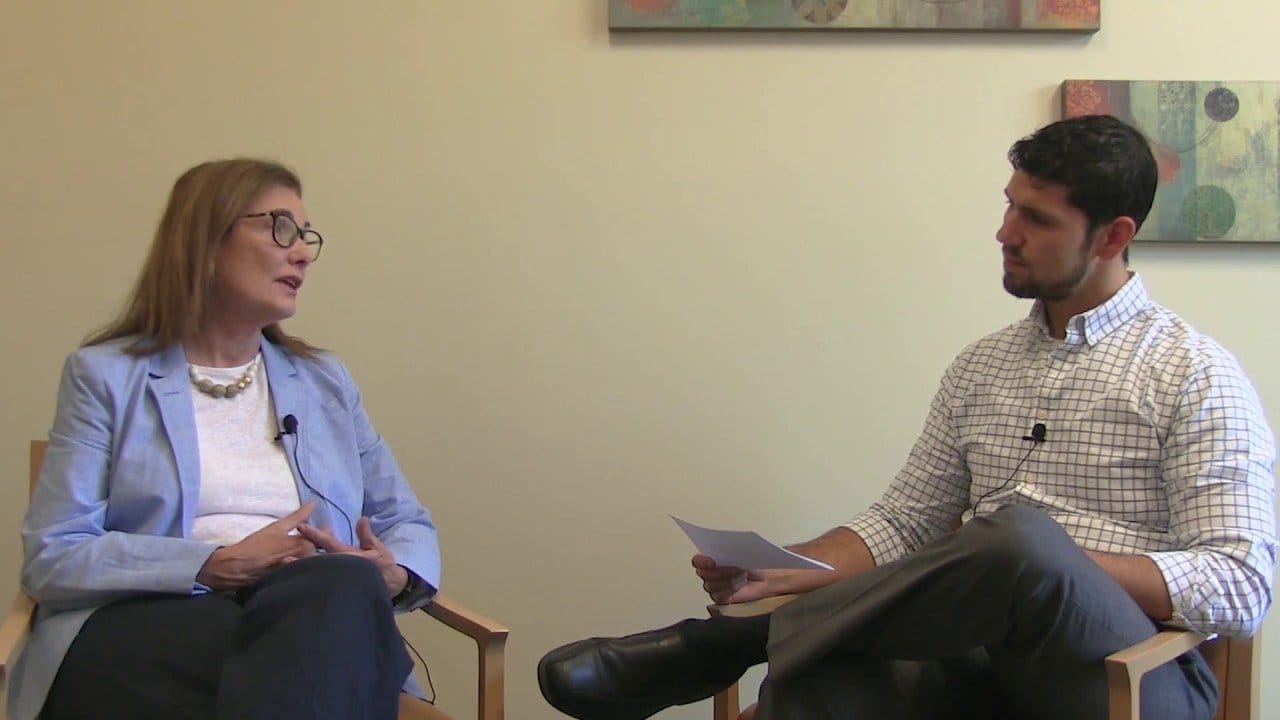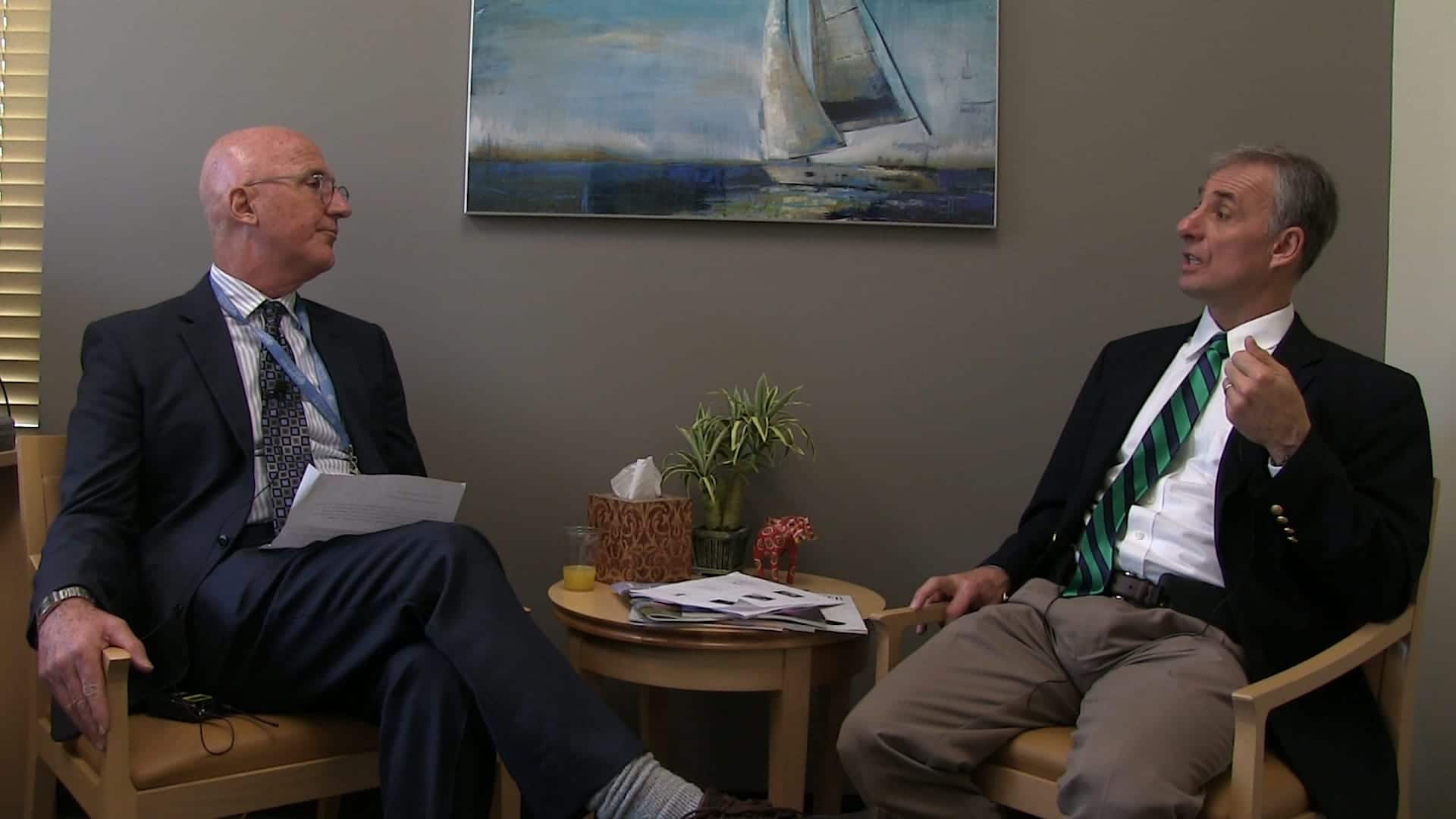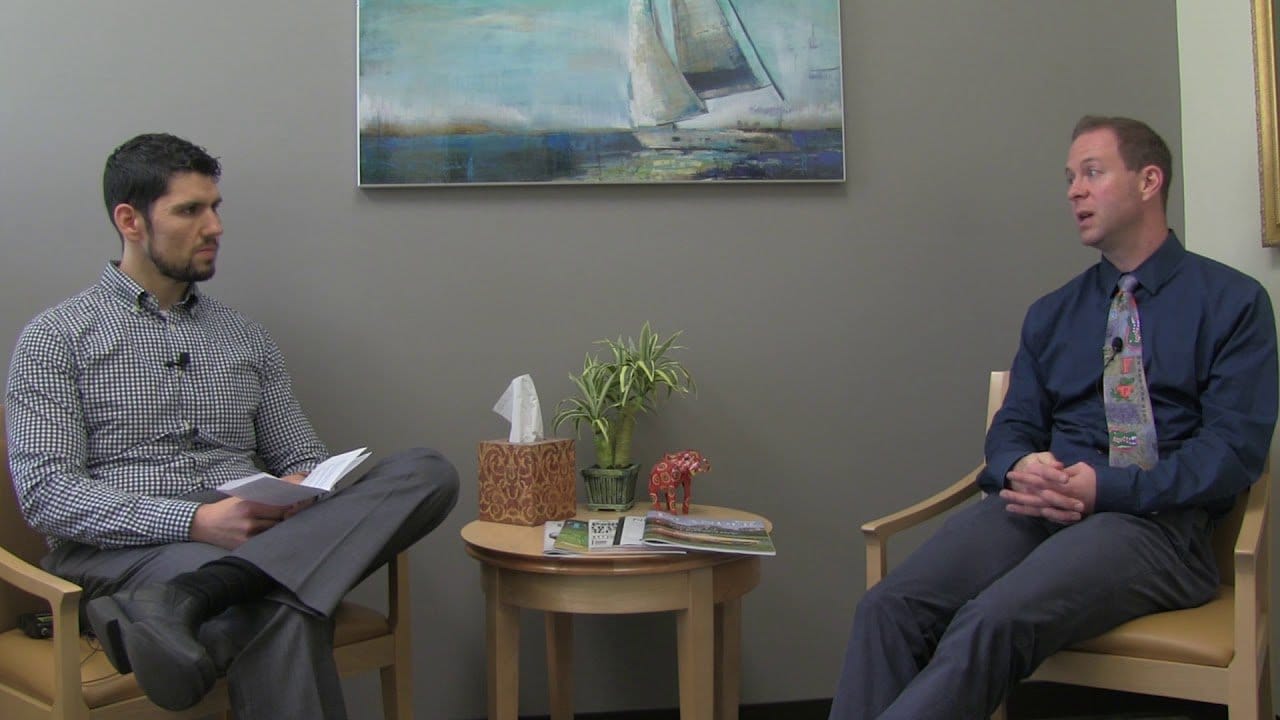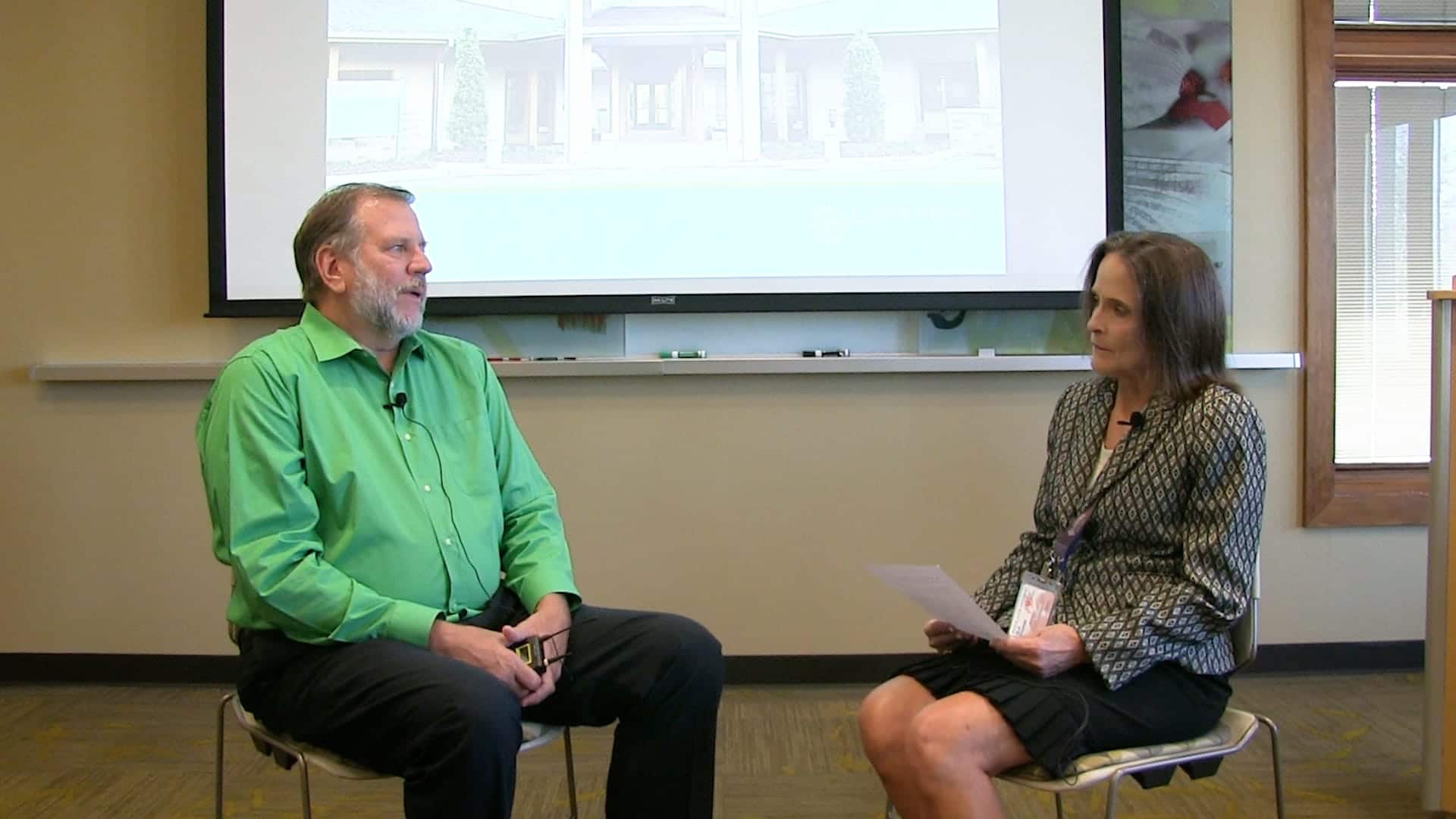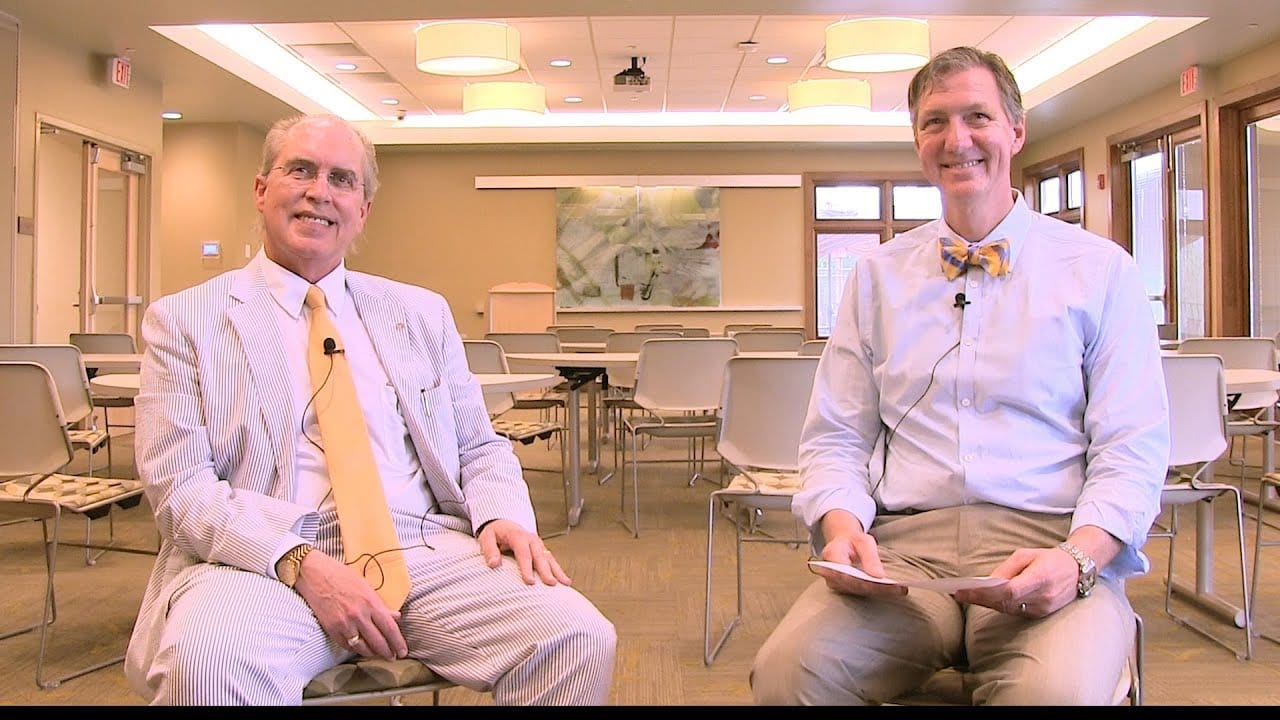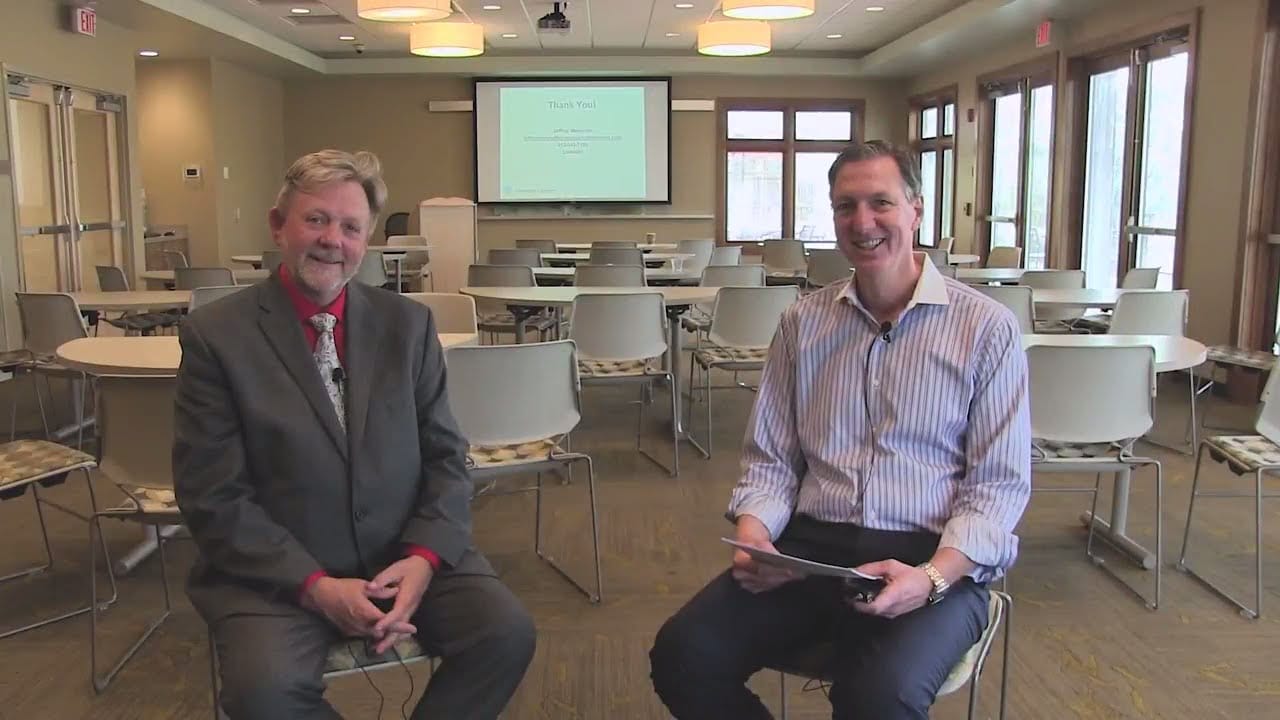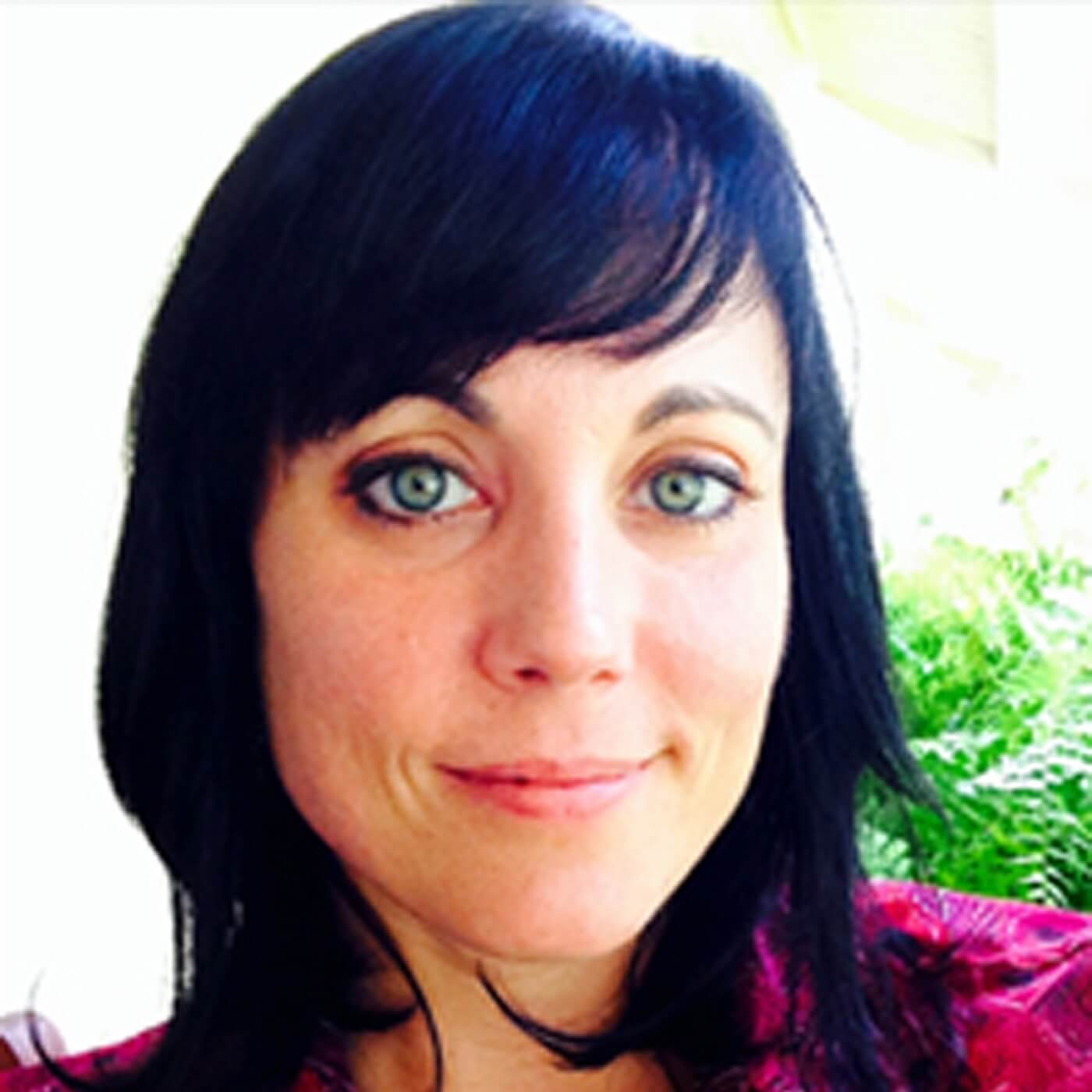

By: Lakeview Health
Gina sits down with child sex trafficking expert Sandy Skelaney, to discuss how she got into the field of working with sex trafficking victims and survivors.
Podcast Transcript
Gina Thorne: Hi everyone and welcome to the Lakeview Podcast Series, and I’m pleased today to be joined with Sandy Skelaney; expert in working with child sex trafficking survivors and victims. She spent the day with us in Jacksonville as part of our Lakeview Professional Lecture Series and talking with us about how you work with and assist clients who have become victims of sex trafficking so we’re really excited to have Sandy here today, so thank you for joining us. Sandy Skelaney: Thanks for having me. Gina: So before we talk a little bit about your area of expertise, let’s talk a little about how you got into this field. It’s obviously a very talked about conversation that’s happening right now. People are hearing about it more and more in the media, so what prompted you to get into the field of working with sex trafficking? Sandy: I think originally I kind of fell into it and realized that it wasn’t my choice to be in it, it was chosen for me because I got it and I was good at working with the kids and connecting with them and I think it was after the fact that I realized my own experience, how connecting that was to the work I was doing. So, when I was younger, I spent some time living on the streets and I was kind of involved with the street youth, you know, the culture, and so my experience of getting out was having an outreach team that would come meet us where we were at physically, but also emotionally, and engaging us with services and health care, mental health care, and when I made the connection between trauma that I experienced when I was younger and the situation I was currently in, that’s when my life changed. I went through a lot of healing, I ended up going to Yale University from that point and realizing, kind of, that my own experience, after I met girls that were actually trafficked, was different, but it wasn’t so different. They were very much in a subculture that viewed the rest of the world as square and brainwashed and not part of a world that they wanted to belong to or that they felt like they belonged to. A lot of what was keeping them in the place where they’re at is reactions that they’re having to childhood traumas and that sense of belonging that get from being a part of this, kind of, it’s not really like a gang, well, it could be a gang, but you know, the community of the trafficker and the other kids that are involved in the sex industry and the street culture. And so when I look at the experience that I’ve had and other people I know who are survivor advocates about going from a rock bottom place to a very successful place in their lives and being able to achieve things like going to an Ivy League University and running organizations, things like that, it really changes your perspective on how much potential people have. And all too often I’ve seen the girls that I work with, personally, the ones that have been sexually trafficked, I’ve seen people write them off at 15-16 years old. Basically, they’ve experienced too much trauma, they’re going to be damaged for life and I have never believed that. So I think that’s kind of the magic that I’ve always brought to this topic and the work that I’ve done and the reason why I’ve done it well is because I’ve always believed in the kids that I’ve worked with, even before they believed in themselves and I kept believing in them until they believed in themselves. Those kinds of relationships are really key to being able to help people exit exploitative situations and getting on a road to healing and getting on a different path, you know, it’s to be able to develop a transformational relationship with somebody that’s going to be able to, whether it’s an advocate, a counselor, a therapist, even sometimes law enforcement officers, it could be many different fields of people, but if they have the ability to develop a relationship that is positive and flexible and engaging and it believes in them and it’s respectful, encouraging, and helps guide these people and these kids that we’ve worked with, these young adults, through this process of exiting traumatic and victim situations then you can start seeing their lives really turn around in a way that is astounding; the mountains that they can climb, when they feel like somebody believes in them. Gina: And you’re talking about, obviously, that sort of secret sauce of success that can really help these individuals become the best people that they can be, but you’re also facing a culture and sort of a paradigm shift that has to happen within our treatment processes in order to make that happen. So, if for those that are listening today, who are either working with clients that are in the system or trying to foster that engagement, what would you recommend? What would you say needs to be done first in order to help that shift happen? Sandy: So clearly, the work needs to be victim-centered across the board. Which means, everyone in your agency, from the person at the front desk to the therapists, everybody needs to understand what that means when somebody is a victim of trauma. How they’re going to, maybe, act in certain ways; they might push buttons, they might try to push you away and sabotage their own treatment and if you understand this, then you’re not going to take it personally, you’re not going to react or become antagonistic or anything like that. So that across the board is number one. It’s challenging because it’s not so much the modality, the therapeutic modality that we’re using because what we use now needs to be tweaked a little bit. We’re dealing with complex trauma, on-going complex trauma, that they’re still experiencing trauma. There has to be a lot of stabilization right up front, advocacy right up in the front, relationship building right up in the front, and that doesn’t always fall into line with how we think of therapy and mental healthcare. A lot of times, in the system, we are trying to push these kids right into therapy. The judges are always like, “Ok, your case plan is therapy.” Therapy isn’t what they’re ready for right away, usually. They spend years of being traumatized, sometimes right at home, and then they’re being traumatized on the street and kind of running back into the street a lot, running back to traffickers, so they need to form healthy attachments with other adults who can help guide them in a partnership towards a healthier life. So, if you can’t do that yourself, for whatever reason, then you need to find the right people who can do that and work together with them as partners, so we need to model what a family would actually look like. The system often times say, “you screwed up so we are going to punish you by moving you to a new foster home” or “we’re going to punish you by closing your case” you know? “You didn’t show up for therapy a few times so we’re going to close the case so you have to go to the next agency,” or you don’t meet the criteria for whatever reason. So it’s very challenging because the trust issues that they have, they keep resurfacing every time we’re not saying to them “it’s ok to make a mistake, we’re still going to be here, and we’re going to learn from this mistake and we’re going to do it differently next time.” You see how I say “we” like a partnership. That’s what they need. If you’re a therapist and you have your protocols and your ethics and boundaries and things like that, well then you should also be working together with an advocate who can be flexible and answer the phone at 11 at night, go out to the street and pick somebody up if they’re in a dangerous place and want to go home again because they ran. So that needs to exist and if you can’t do it yourself, you need to have that partnership, but there needs to be some sort of responsiveness and an ability to respond in a caring way at any time that they need you. Gina: So you really have a depth of experience in this industry and working with these folks and we’re very limited on time, so if someone wanted to learn about what the best steps to take or how do we work and treat individuals who are coming out of this highly volatile situation, how could they get in touch with you, or is there an organization that you would recommend that they reach out to? Sandy: So there’s two numbers for them. I do consulting, so training and technical assistance all over the country and I’m available, you can call me at 305-482-1760 and you can email me also at sandy@ignitionfund.org and if you have a case and you’re working with someone who is a victim or a survivor of trafficking and you are looking for placement or services or just help right away, the number that you should be calling is the National Human Trafficking Resource Center, the hotline, which is 888-373-7888. Gina: Wonderful. Well thank you for coming to Jacksonville and talking with our folks. We really appreciate the opportunity. And for those of you that are interested in learning more about Lakeview Health, we invite you to visit us at lakeviewhealth.multiplica.dev or if you know someone that needs residential treatment or needs services right away, feel free to call us at our 24/7 intake center at 866.704.7692
